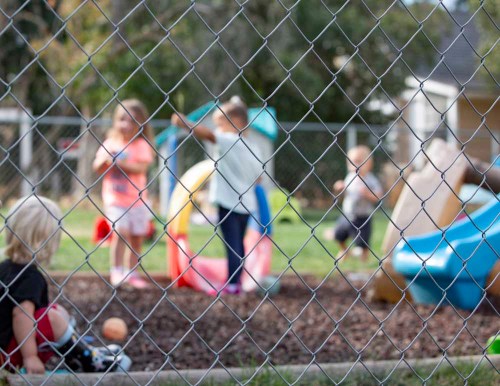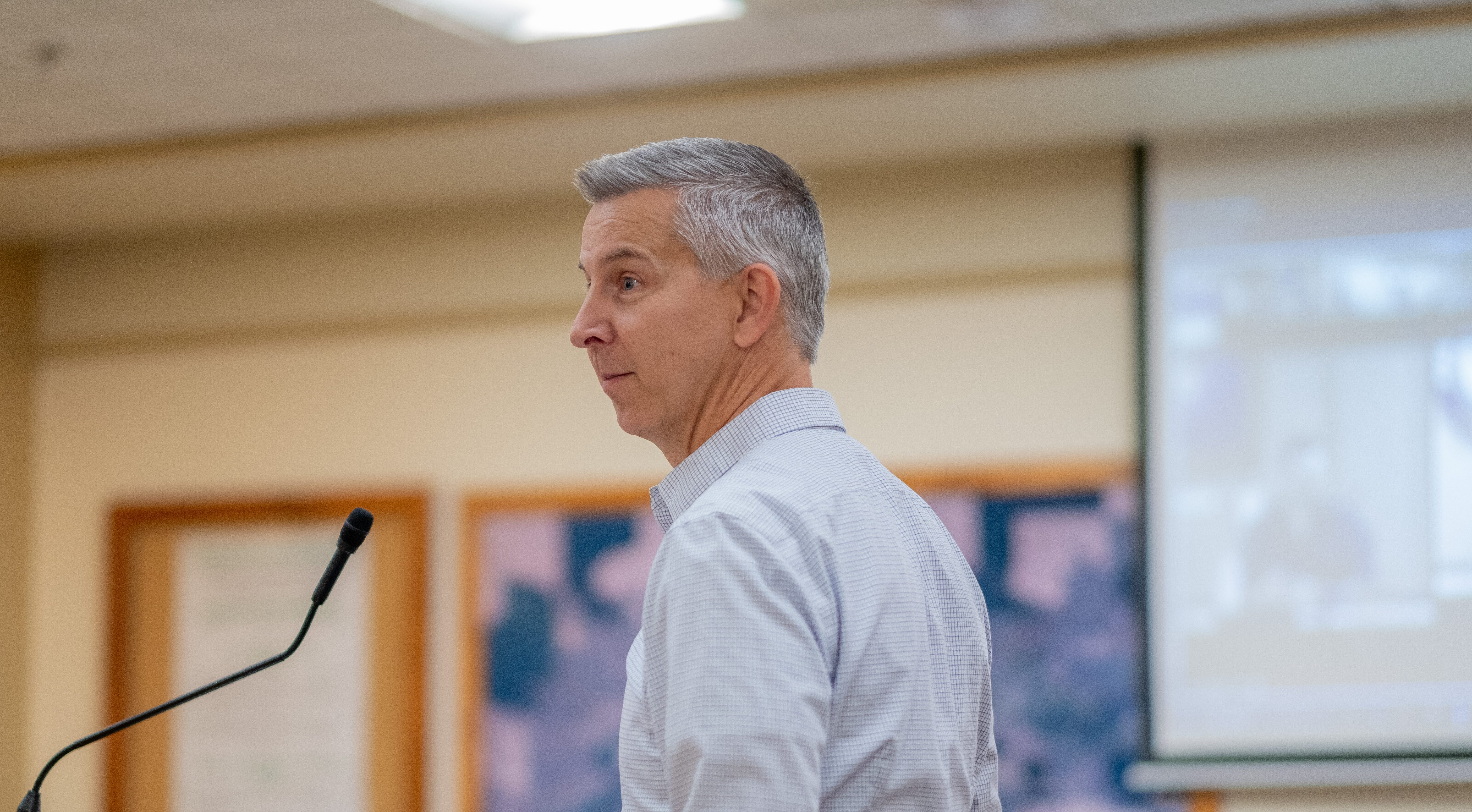Our view | Oregon must work on child care issues
Published 6:00 am Tuesday, August 25, 2020

- Children play at the playground at Just Like Home Nursery School in Pendleton on Thursday, Aug. 20, 2020. Under guidance from the state, child care facilities are unable to allow visitors during the day, a change from the open door policy previously required by the state before COVID-19 regulations went into effect.
Now is the time to start thinking of creative ways to solve our child care crisis, as we rebuild our economy that has been so damaged by the COVID-19 pandemic.
The lack of child care in rural Oregon has been a problem for decades. We live in a “child care desert.” And, as we reported in the Aug. 22 issue of the East Oregonian, COVID-19 is making the problem worse. Much worse.
Trending
It’s not just a problem for the parents of young children. It’s a problem for all of us.
It’s a problem for child care providers who aren’t able to earn enough to support their own families.
It’s a problem for young children, who don’t have the opportunity to socialize and learn with other children and caregivers in safe, loving and educational environments.
It’s a problem for working parents, who increasingly have to juggle work and child care, especially if they have an infant, toddler or preschooler needing constant supervision.
It’s a problem for business owners and institutions who employ working parents, especially if a parent’s work hours coincide with online school hours.
It’s a problem for K-12 teachers, whose students may not have an adult around to make sure they get online at the appropriate time each day.
Trending
It’s a problem for colleges and universities. If students with young children don’t have child care options, they are likely to drop out or postpone their higher education.
Ultimately, it’s a problem for our economy and society as a whole. Without child care, parents who would ordinarily be working will drop out of the workforce.
More families dependent on food stamps and public assistance. More children living in poverty. More adults unable to get the education, training or work they need to fulfill their dreams.
Fewer children getting enriching preschool experiences between birth and age 5. Fewer children ready for kindergarten.
It’s well documented that children who aren’t ready for kindergarten are likely to fall behind as the years go by. They are far more likely to drop out of high school and live in poverty as adults.
In the year ahead, assuming we get COVID-19 under control and our economy starts to reopen, we want to see Oregon’s Early Learning Division helping to facilitate quality child care options for working parents at the local level.
Rather than just making and enforcing child care regulations, we want to see this state agency actively supporting the creation of new child care options.
This could mean helping a group of parents form a cooperative, taking turns caring for each other’s children.
It could mean supporting businesses that want to hire a child care provider to care for employees’ children on-site.
It could mean letting a city Parks & Rec program set up child care in an otherwise unused recreation center.
It could mean allowing a community college to use unused classroom space for infant and toddler care — with early childhood education students providing some of the care under the supervision of experienced providers.
We can’t revive our economy without the availability of quality, affordable child care. And we have to be willing to pay child care providers more for the crucial job they do — helping nurture and teach the children who are our future.









